
Socially Responsible Investment
Doing good and making profits must be aligned for both to be sustainable, writes James Brice, CEO and founder of EBS Advisory

Doing good and making profits must be aligned for both to be sustainable, writes James Brice, CEO and founder of EBS Advisory

There’s been an increasingly popular belief off late, that improving macroeconomic indicators across Africa suggest stable monetary policies and currency regimes are expected - with a better focus on debt management and issuance. While Africa has always promised to deliver on that front, it has only now started to gather a wider audience in financial circles. For apart from the continent being one the fastest expanding regions in the world today, with diverse internal and external trends propelling its growth, it has also achieved stability in its political landscape. All this makes for a potent mix to enable further growth.

The AGF Private Equity Top 40 is our annual guide to the most influential, innovative and powerful figures in the private equity industry. Ranging from pan-emerging markets giants to local fund managers, this year’s list comprises individuals who have been in the forefront of Africa private equity and venture capital investing.

Currently at over 1 billion inhabitants, the African population is set to double by 2050. With such unprecedented growth, a number of existing challenges around food security and affordable housing will become acute if there are not adequate interventions from governments, NGOs and the private sector.

Currencies in the sub-Saharan African (SSA) region have had a tumultuous ride this year, undermined by a prolonged commodity price slump, and the resultant spillover effects to the balance of payments and fiscal positions, as well as global growth concerns and external monetary policy decisions.
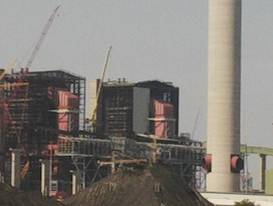
South Africa has a deep pipeline of available infrastructure assets, affirm Mark van Wyk (top), Head of Impact Investing, and Kasief Isaacs (bottom), Portfolio Manager: Infrastructure Development Fund, Mergence Investment Managers.

South Africa formally encourages investors to integrate into their investment decisions sustainability issues such as environmental, social and governance (ESG). Anna Lyudvig explores whether SA hedge funds have been taking ESG issues seriously.
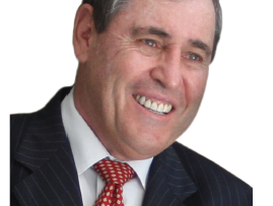
Investment in South African passive investment products grows by R100bn over past two years to R247bn, writes Mike Brown, Managing Director, etfSA.co.za
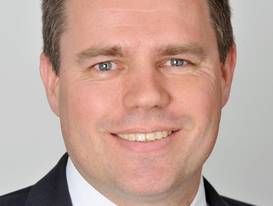
Jan Dehn, Head of Research at Ashmore, discusses why the rise of the USD in the past few years is now helping to restore competitiveness in Emerging Markets (EM) countries
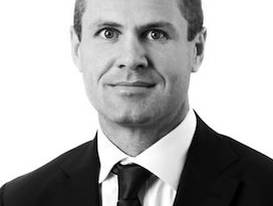
Over the long term value investing has proven to outperform other investment approaches, argues Jan van Niekerk, Chief Investment Officer of value-based asset manager RECM
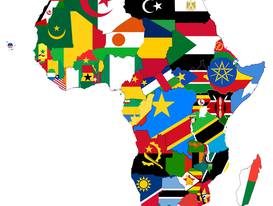
Out of 120 countries, covered by the 2015 Venture Capital & Private Equity Country Attractiveness Index, South Africa and Morocco score highest, coming in at 37th and 50th, whereas Chad, Angola and Burundi are among the least attractive investment destinations in the world.

The African Agriculture Fund (AAF) is a unique investment vehicle, which provides equity funding to private companies in the African agricultural and food-specific sectors. It strives to make a positive impact on African agriculture and food production. Through its funding, portfolio companies are able to implement strategies that enhance and diversify food production and distribution in Africa, in response to the continent’s food security challenges.

The potential for exceptional returns via the private equity route remains very high, but also poses some significant challenges, says Pieter de Wet, Head of Research at Novare Equity Partners
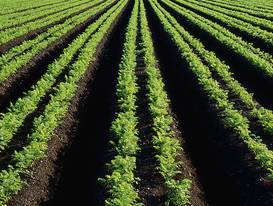
West Africa has unprecedented opportunities for agricultural growth, but making the most of them will require more effective regional integration, says a new report by the African Development Bank (AfDB), the Food and Agriculture Organization of the United Nations (FAO) and the Economic Community of West African States (ECOWAS).